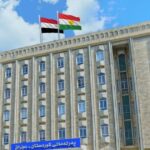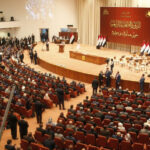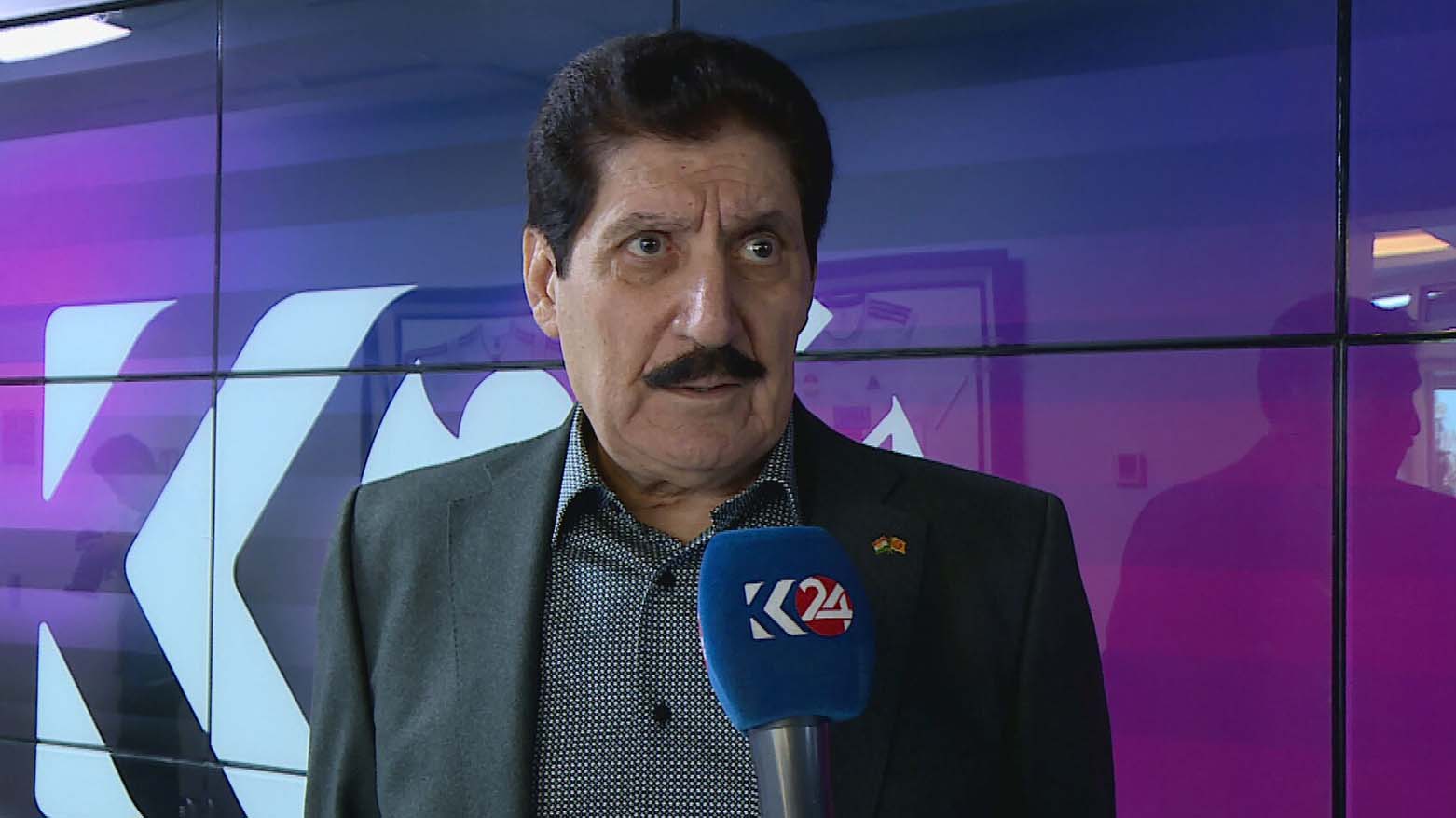KDP–PUK Tensions Escalate as Both Parties Trade Accusations of Undermining Kurdistan’s Stability
London KurdFile Media
Political tensions between the Kurdistan Democratic Party (KDP) and the Patriotic Union of Kurdistan (PUK) intensified this week after senior KDP official Fazil Mirani, head of the KDP Politburo, issued a series of sharply worded criticisms against PUK leader Bafel Talabani. The remarks have reignited internal divisions that continue to shape governance and power dynamics in the Kurdistan Region.
Mirani, speaking to Kurdistan24 on Saturday, described Talabani’s recent political conduct as destabilizing and harmful to Kurdish unity. He claimed Talabani’s rise to leadership within the PUK was achieved through “a political coup,” rather than collective agreement or party consensus.
“His statements were shameful and unworthy of a party leader,” Mirani said, adding that Talabani “is not of sound mind and is in need of treatment.”
The comments represent one of the strongest public rebukes between the two dominant Kurdish political parties in recent years, signaling broader fractures in the already tense political landscape.
Government Formation and Political Deadlock
Mirani alleged that the PUK has been deliberately obstructing government formation to extract concessions and strengthen its bargaining power. He claimed:
“The KDP could have formed a government without them, but we chose unity and inclusion. The PUK mistook that goodwill for weakness.”
The Kurdistan Region has faced repeated delays in forming a cohesive government framework due to disputes over the distribution of authority, security leadership, and regional budget management.
Analysts say these recurring standoffs have weakened institutional stability and undermined public confidence in governance.
Economic and Diplomatic Strains
Mirani linked PUK policy decisions to economic disruption and strained international relations, citing Turkey’s temporary suspension of flights to Sulaimani as a key example.
The suspension was widely seen as connected to the PUK’s relations with the PKK and its handling of security issues in Sulaimani. Mirani argued that the crisis was resolved only after KDP-led negotiation:
“PUK’s decisions harmed the region. We worked to fix what they damaged.”
Critics say both parties routinely use foreign policy issues to position themselves politically, resulting in unclear diplomatic direction and inconsistent security policy.
Historical Context and Accusations of Betrayal
Mirani invoked earlier Kurdish internal conflicts, accusing the PUK of cooperating with Baghdad against Kurdish forces in the 1960s and again referencing the loss of Kirkuk in October 2017, which followed the independence referendum.
“Those who once rode in Baghdad’s tanks to fight their own people have no moral ground to lecture the KDP or the people of Kurdistan,” he said.
However, independent researchers widely argue that the 2017 territorial losses resulted not only from PUK internal divisions but also from KDP miscalculations, particularly in pushing forward with a referendum that lacked international backing.
Oil Wealth, Power, and Corruption Allegations
Mirani asserted that the region’s oil and gas wealth is shared transparently:
“Oil and gas are national assets. They belong to all the people of Kurdistan.”
However, documents obtained by the Organized Crime and Corruption Reporting Project (OCCRP) tell a more complex story. The leaked records show that five sons of KDP president Masoud Barzani moved large sums abroad and purchased luxury real estate in the United States valued at over $100 million, using offshore companies and business networks interconnected with regional government contracts.
Watchdog groups and civil society organizations have repeatedly raised concerns about lack of transparency, concentrated wealth, and declining public services despite decades of resource extraction.
Sulaimani, Security Control, and Internal PUK Crackdowns
Mirani criticized the PUK’s governance of Sulaimani, claiming that mismanagement and political pressure have driven residents and investors to Erbil.
He also referenced the 2021 detention of Lahur Talabani, calling it evidence of internal repression. The PUK responded by stating that Lahur had planned an assassination attempt against Bafel Talabani, citing WhatsApp-based evidence presented to the Sulaimani court.
The KDP has denied accusations that Masrour Barzani and his brother Waysi Barzani were involved in the alleged plot. Both parties continue to accuse one another of coordinating covert security operations.
PUK Response
Karwan Gaznayi, spokesperson for the PUK, said that Mirani’s remarks reflected internal pressure within the KDP and factional dynamics rather than broader party consensus.
Gaznayi stated:
“Mirani’s comments should be understood in the context of political pressure and personal interpretation, not as an official representation of PUK policy.”
He suggested that both parties are experiencing internal struggles that influence public messaging.
Analysis
The latest exchange reflects deep structural power competition between the KDP and PUK:
| Issue | KDP Position | PUK Position | Result |
|---|---|---|---|
| Security & Intelligence | Controlled largely by Erbil | Controlled largely by Sulaimani | Parallel power systems |
| Oil & Economic Governance | Managed by KDP-led ministries | Criticized as opaque | Persistent mistrust |
| Relations with Baghdad | Negotiated politically | Negotiated through military leverage & alliances | Fragmented Kurdish strategy |
| Public Confidence | Declining due to corruption & inequality | Declining due to repression & factionalism | Widespread disillusionment |
Without meaningful structural reforms, analysts warn that political fragmentation will deepen, further weakening Kurdish negotiation power in Baghdad and complicating relations with regional powers.
Conclusion
The latest confrontation between the KDP and PUK demonstrates the ongoing crisis of political trust in the Kurdistan Region. While both parties publicly emphasize unity, their strategies continue to reinforce party-based governance, private networks of power, and personal leadership rivalries, leaving citizens caught in prolonged economic uncertainty and institutional stagnation.
Author Profile
- Diyar Harki is an independent investigative journalist and human rights advocate. As a member of the National Union of Journalists (NUJ), he focuses on exposing corruption and human rights abuses in Kurdistan and Iraq. He voluntarily contributes to Kurdfile Media.
 Kurdistan18 January 2026Will the Terrorists Be Released?
Kurdistan18 January 2026Will the Terrorists Be Released? Opinion17 January 2026A Risk That Could Reshape the Kurdistan Region
Opinion17 January 2026A Risk That Could Reshape the Kurdistan Region Reports7 January 2026Kurdistan MPs Receive Millions in Salaries as Parliament Remains Paralyzed
Reports7 January 2026Kurdistan MPs Receive Millions in Salaries as Parliament Remains Paralyzed Political3 January 202634% of Kurdish MPs in Iraqi Parliament Lack Arabic Proficiency
Political3 January 202634% of Kurdish MPs in Iraqi Parliament Lack Arabic Proficiency

